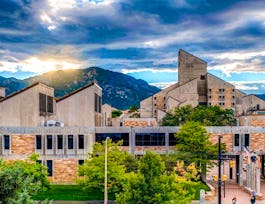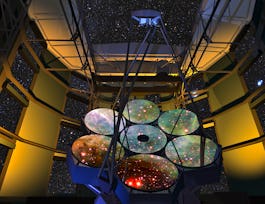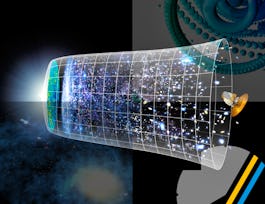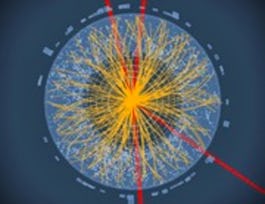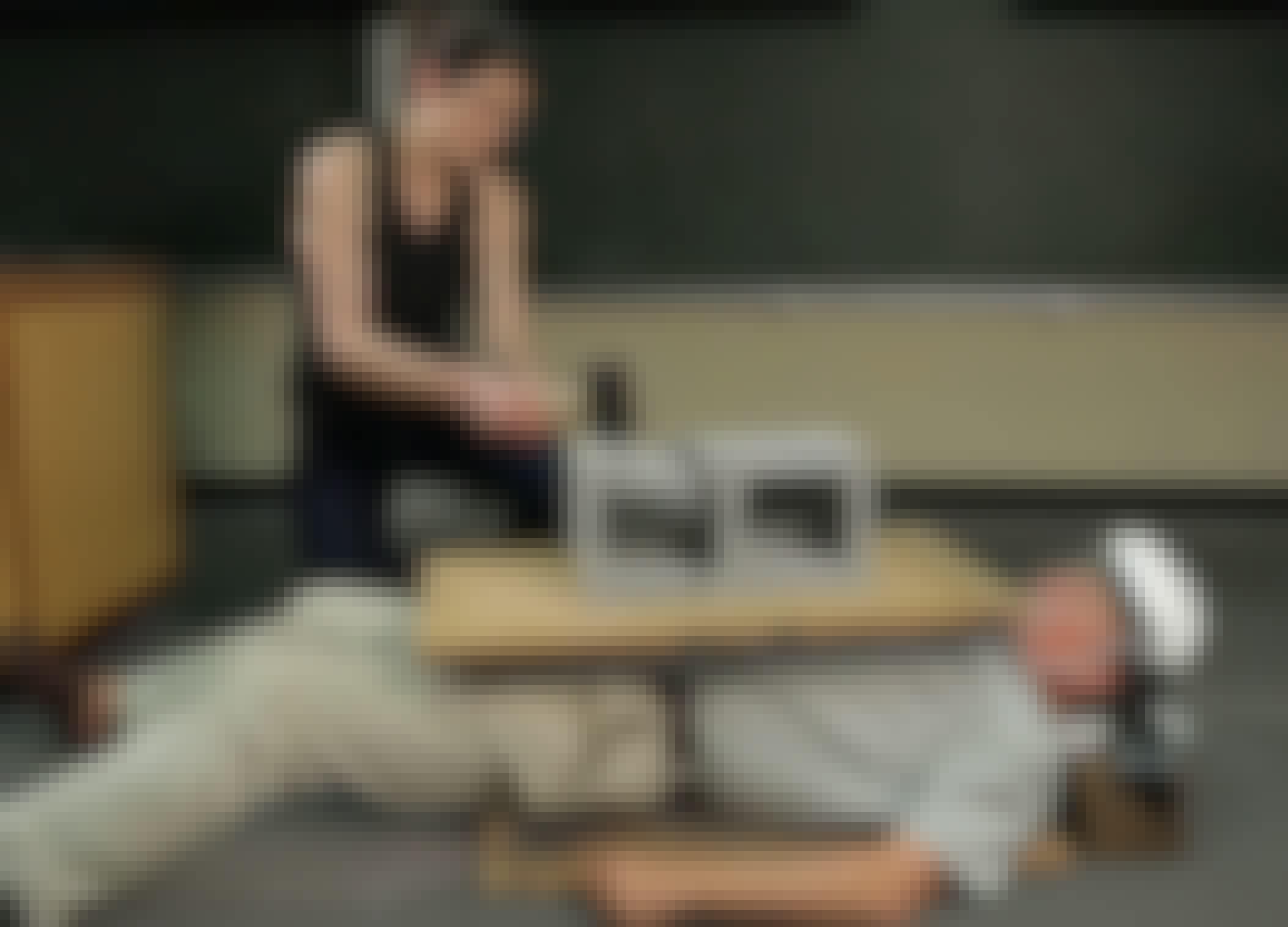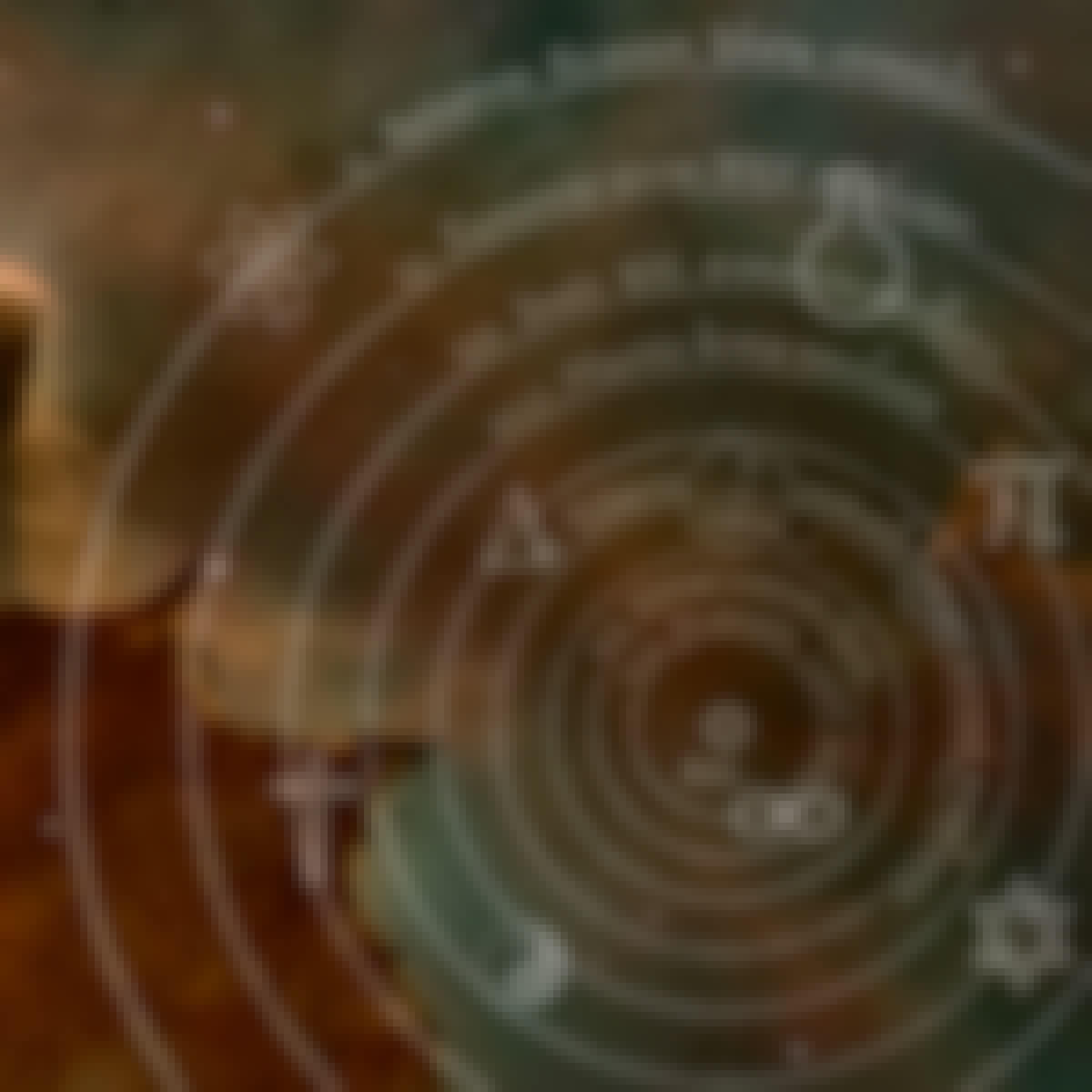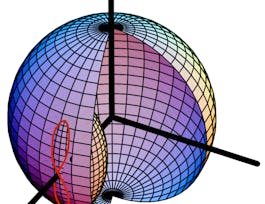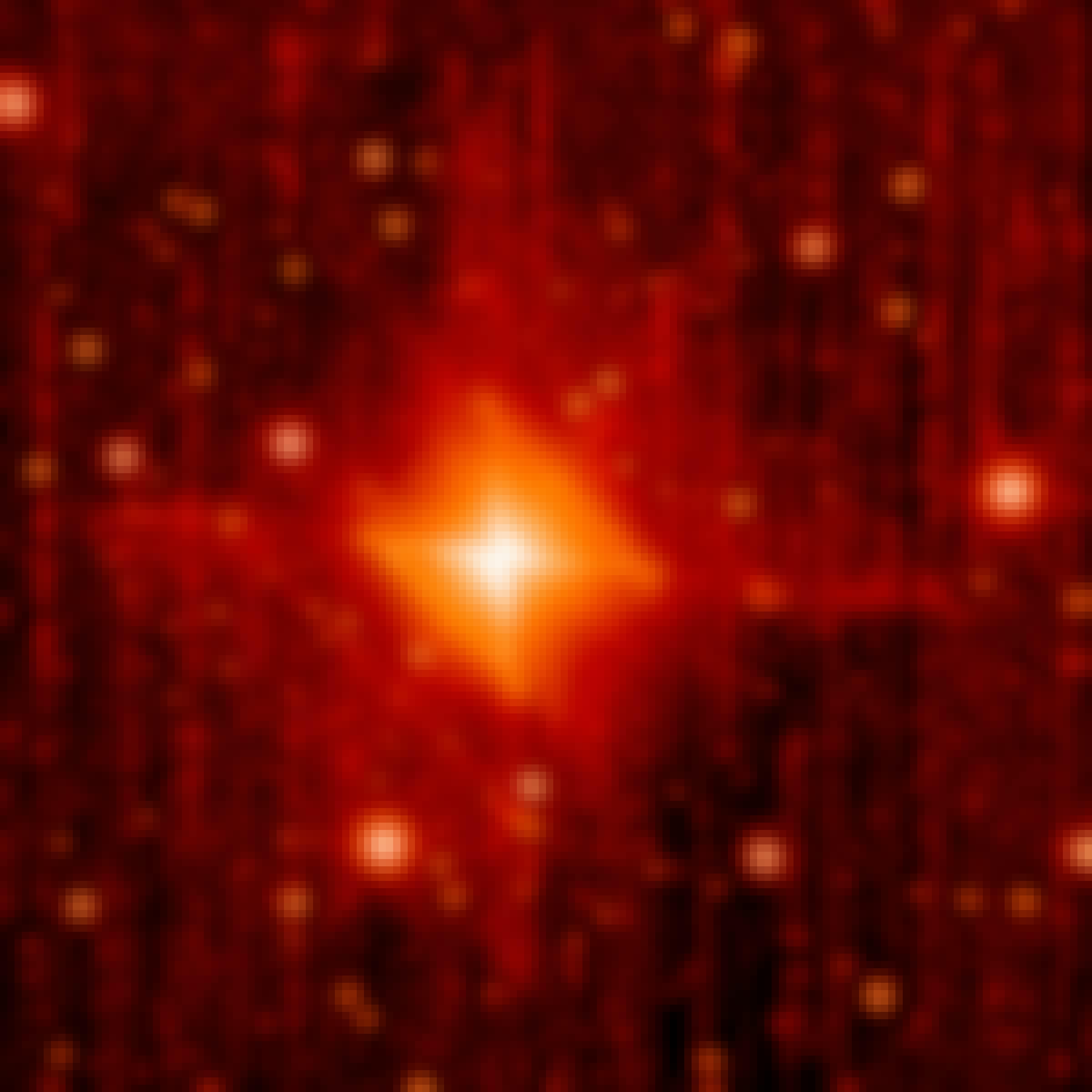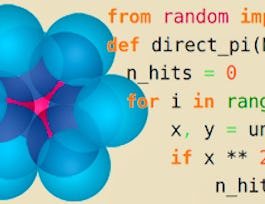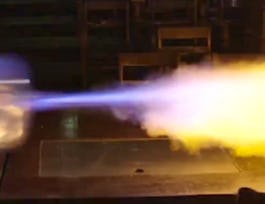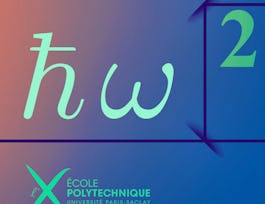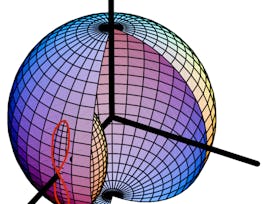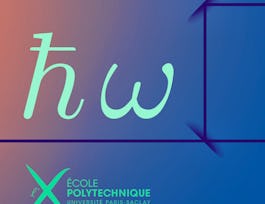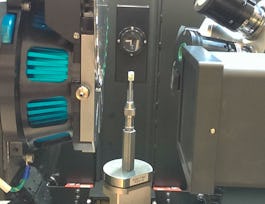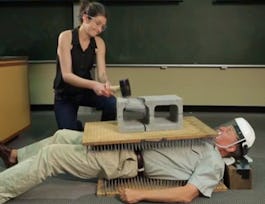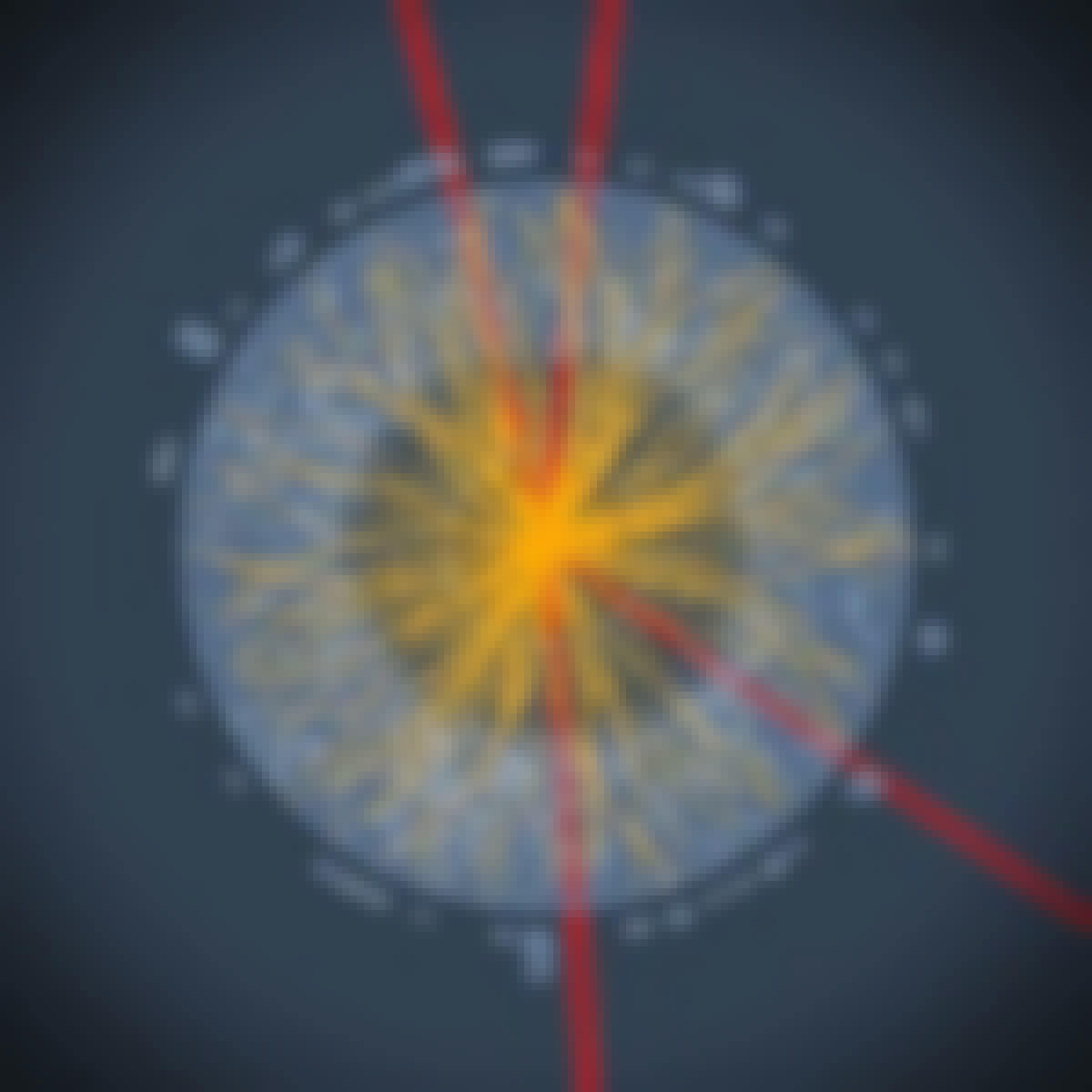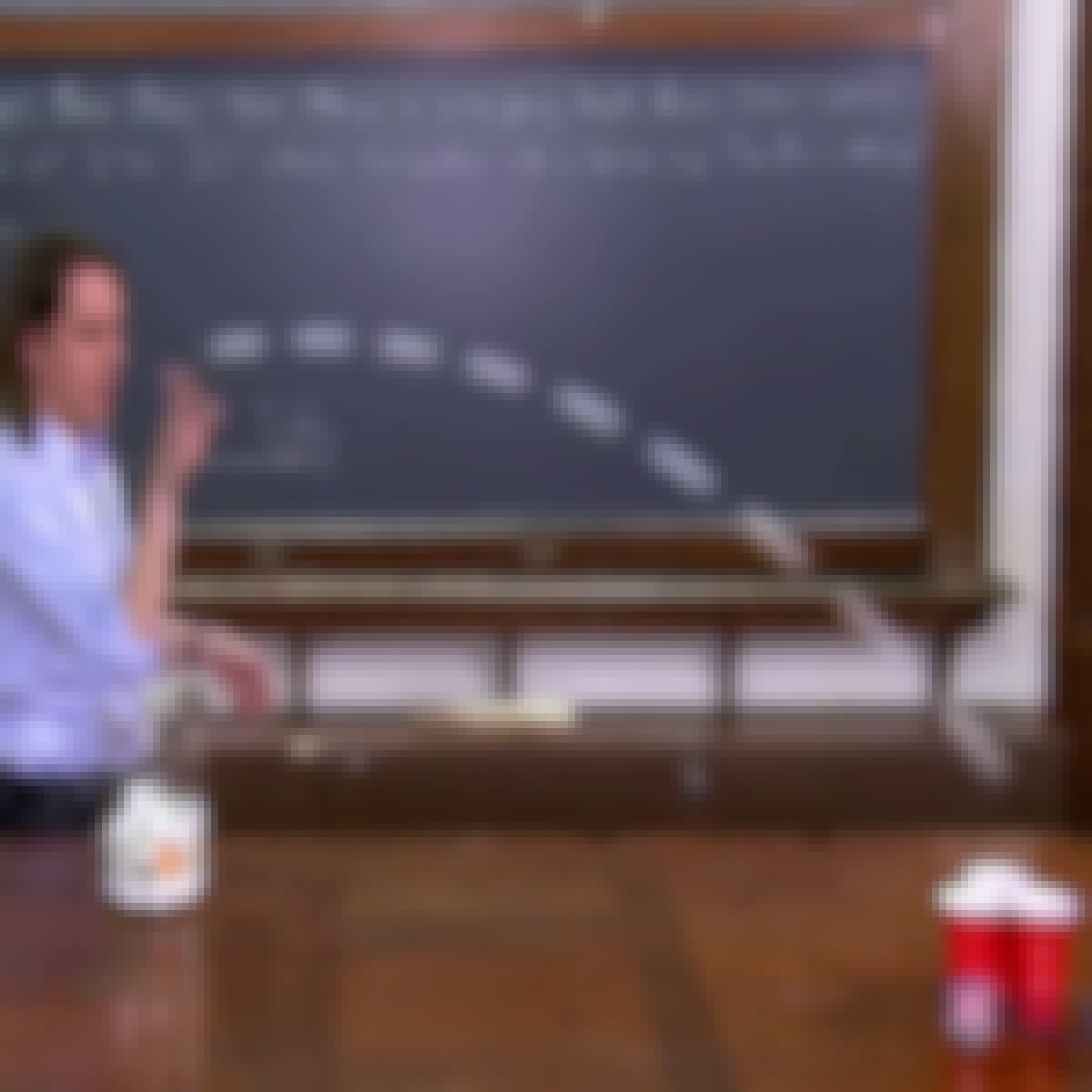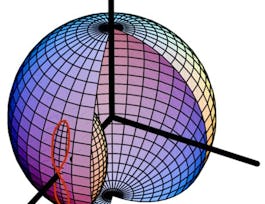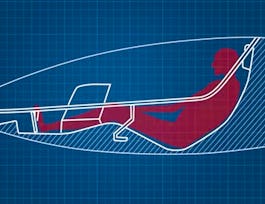Physics and Astronomy
Earn Your Degree
Most Popular Courses
Popular Topics
Top Rated Courses
Finish a Physics and Astronomy Course in 24 Hours or Less
More Physics and Astronomy Courses
Most Popular Certificates
Recently Launched Guided Projects
Frequently Asked Questions about Physics and Astronomy
The Oxford dictionary defines physics as “the branch of science concerned with the nature and properties of matter and energy,” but this rather dry definition doesn’t really do justice to the foundational importance of this discipline. Physics is the language that allows us to understand and describe the most fundamental forces governing the “physical” world on every scale, from the smallest subatomic particles to the structure of the entire universe.
Consider Sir Isaac Newton, the founder of modern physics, as an example. You probably remember learning the story of Newton seeing an apple falling from a tree and then “discovering” the theory of gravity and the laws of motion from elementary school. It’s a simplified story, but it illustrates how essential and profound the insights generated by this discipline are. As such, physics is an incredibly powerful field of knowledge, with a range of applications that is perhaps unmatched in all the sciences.
On a practical level, physics underpins our understanding of all forms of energy, enabling us to harness the power of electricity and burn fossil fuels to drive our cars and heat our homes. It also makes possible the feats of civic engineering and structural engineering that create our built environment, and the industrial engineering responsible for the design and production of the goods we use in daily life.
Like Newton’s insights from the famous apple, other fruits of the study of physics are less obvious in our daily lives - but no less important. Astronomers use physics to understand the workings of stars, solar systems, and black holes, a truly remarkable achievement considering how distant and alien these celestial phenomena are from our perspective on Earth. At the other end of the spectrum, quantum physicists use a combination of theory and state-of-the-art laboratory equipment like CERN’s Large Hadron Collider to discover the properties that govern the inner workings of atoms, electromagnetism, and other forms of radiation.
The scientists, engineers, and designers creating the technologies of the future will depend on physics as well. Whether it’s perfecting the self-driving car, generating virtually unlimited and emission-free electricity with nuclear fusion, or setting a course for Mars, the steady advance of our knowledge of physics will play a key role in making it possible.
Because physics is so broadly applicable, a background in this discipline is necessary for many different types of career paths. Any type of engineering job, from structural engineers and civil engineers to optical engineers and laser engineers, requires a high level of proficiency in fundamentals of physics and calculus and potentially more advanced skills specific to a given engineering subfield.
Many other careers can benefit from a familiarity with physics, even if it is not fundamental to the work being done. For example, software developers working in robotics and autonomous car developers rely on physics models to allow their creations to navigate the world reliably. Lab technicians in health care operating x-ray machines, MRIs, and similar types of imaging devices need a background in physics to understand how these complex pieces of equipment work and how to operate them safely.
Then again, some physics students who develop a passion for the field end up going to graduate school to become researchers in areas like astronomy, particle physics, and theoretical physics. These areas may have less practical applications in daily life, but the satisfaction of helping to advance the frontiers of this foundational scientific discipline can be incredibly rewarding. Alternately, you can pass your love of physics onto the next generation by inspiring learners as a high school physics teacher.
Coursera has numerous options available for you to learn about physics, astronomy, and all of their subfields, giving you opportunities to learn online regardless of your needs are in this fascinating topic. If you’re just getting started learning about physics, you can take courses providing introductions to core topics such as physics, astronomy, and thermodynamics. More advanced learners can dive deeper into a wide range of specialized areas such as aeronautical engineering, quantum physics, quantum mechanics, and nanotechnology.
Regardless of your particular needs, online courses available on Coursera are all offered by top-ranked schools in physics and astronomy, including as University of Michigan, University of Virginia, and the University of Arizona. These courses let you learn from the same great faculty and in-depth materials as the courses taught on campus at these schools, but you can complete the work on a flexible schedule - and pay a much lower tuition cost.
Any level learner can begin learning about physics and astronomy. Beginners are best suited for a beginning-level course to start off with and may move up from there. A background in hard sciences—natural sciences, such as chemistry, geology, and biology—is helpful but not required.
People with an innovative mind who have a desire to keep pushing forward are best suited for roles in physics and astronomy. Those who are constantly asking questions and want to know as much as they can about the world around them can succeed in these roles. People studying physics and astronomy should be analytical thinkers with a solid background in math, logic, and reasoning. Many people who study physics or astronomy work in a laboratory setting or in a university as a professor, so it’s important to understand and study various research methods.
For those interested in the intersection of data-driven astronomy and computer science, topics that explore implementing large algorithms and working with large datasets can help you discover ways to manage your data. Topics that explore the Big Bang theory will ask learners to consider where we come from and where we're headed. Advanced learners who are interested in spacecraft may consider topics related to the control of nonlinear attitude, kinetics, and spacecraft motion. Topics explaining nuclear reactor physics are perfect for engineers or those interested in neutron transport theory.
People with a background in physics and astronomy may work for NASA or other government-supported agencies. They may also work in the private or public sector as mechanical, electrical, civil, or optical engineers. Laboratories and other research facilities hire people with a background in physics and astronomy to conduct research. You may also choose a career in education, teaching high school or university students physics and astronomy.
Online Physics and Astronomy courses offer a convenient and flexible way to enhance your existing knowledge or learn new Physics and Astronomy skills. With a wide range of Physics and Astronomy classes, you can conveniently learn at your own pace to advance your Physics and Astronomy career.
When looking to enhance your workforce's skills in Physics and Astronomy, it's crucial to select a course that aligns with their current abilities and learning objectives. Our Skills Dashboard is an invaluable tool for identifying skill gaps and choosing the most appropriate course for effective upskilling. For a comprehensive understanding of how our courses can benefit your employees, explore the enterprise solutions we offer. Discover more about our tailored programs at Coursera for Business here.




